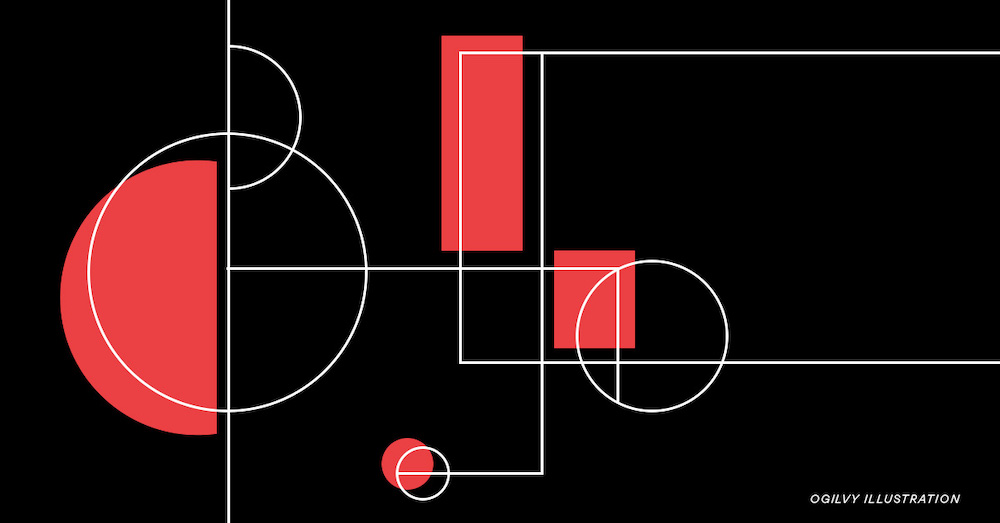by Rahul Titus

In the beginning, there were many skeptics. Some thought influencer marketing was a fad. Some wrote it off as a minor tool in their arsenal.
But there are no skeptics left. From 2016-2022, the size of influencer marketing, taken at a global scale, increased from $1.7BN to $16.4BN. The main engine of this growth, TikTok, is now the third largest platform and growing. And while it still skews young, 36% of its users are now over 30-years-old.
TikTok has emerged as arguably the most potent cultural force today. Increasingly, it is a major way that we discover our world, and that includes commerce. (For one example, TikTokMadeMeBuyIt has 29.3 billion views.) The platform has also made moves toward facilitating more iCommerce. To this end, TikTok is testing out live shops, providing brands with unprecedented insight into campaigns from end-to-end. 49% of TikTok users have already reported making a purchase via the platform, but that is just the start...
At the same time, subscription services – from OnlyFans to Patreon – are becoming mainstream. This model is only poised to grow next year, unlocking new revenue stream for creators that go beyond paid advertising.
Even artificial humans – in the form of AI – are becoming more real to keep up with the times.
The takeaway from these trends is that influence now has a firm seat at the table. The reason influencer marketing works now is the reason I first believed in it: because people trust people more than brands. Influence allows us brands to connect with audiences in a way no other marketing can – with authenticity. For this reason, the new narrative at Ogilvy, the story we tell about ourselves, is: Real people, real impact.
Indeed, in an age when we are inundated through our screens, we are overloaded with content. Real influence now comes from real people telling real stories. When a post on TikTok is solidly persuasive, it’s because of this vulnerable realness.
After all, it’s real people who create culture.
Across the board, the agency has repositioned itself to lean into our new social reality. Ogilvy is home to one of the world’s most experienced influence teams, with exclusive access to proprietary datasets and tools – such as InfluenceO, our influencer tech stack – along with market-leading access to talent for campaigns, allowing us to drive sales through influence.
At Ogilvy, our process goes beyond the transactional norms of the industry. Instead, we lead the industry in defining new standards and innovations, dissolving the barriers between paid, owned and earned media, and connecting brands to real voices.
Read on for our take on the spaces to watch next year.
Rahul Titus is the Global Head of Influence for Ogilvy.


